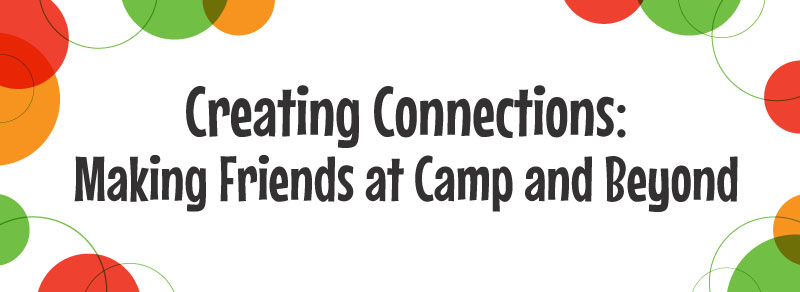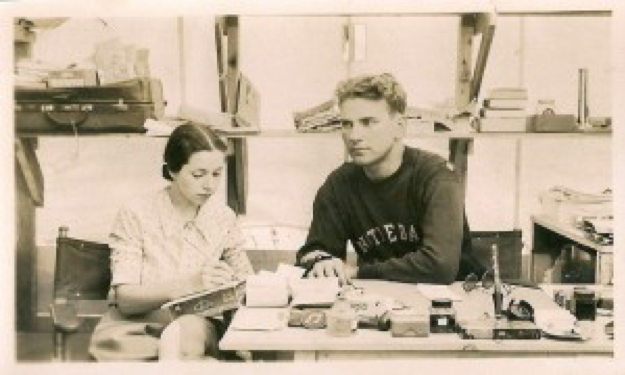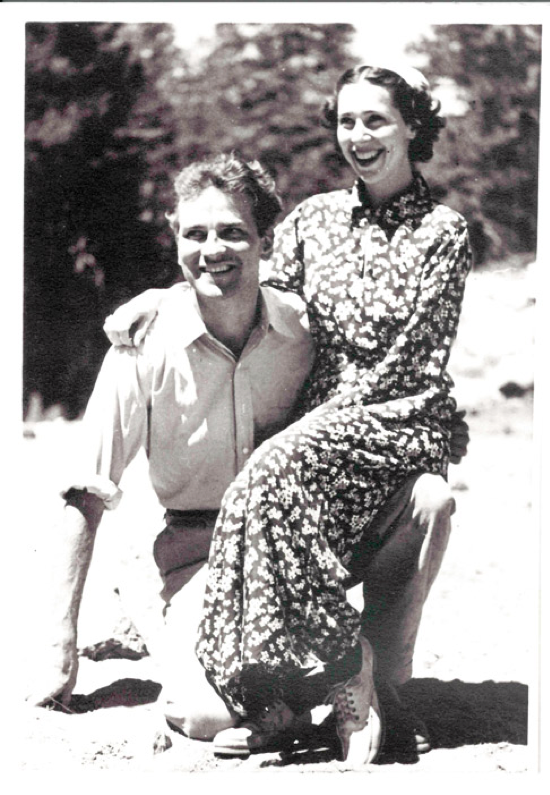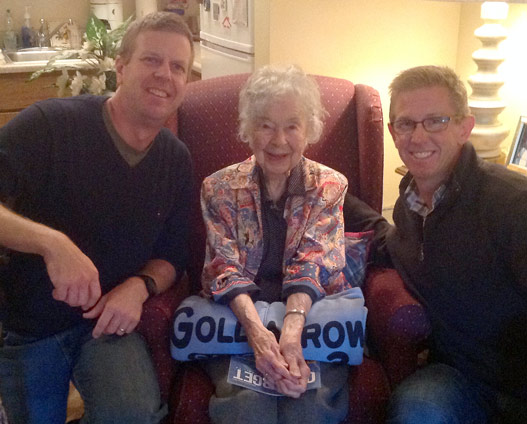
Creating Connections: Making Friends At Camp And Beyond
Our goals at Gold Arrow Camp are articulated, posted, recited, and practiced by our campers and staff each summer. The goals are to have fun, make friends, and grow.
Each summer, we also select a theme to help campers and staff focus on a specific skill or character trait that will contribute to their fun, friendships, and growth. We want our campers to develop life skills at camp that benefit them long after their camp days are over. In 2012, we focused on practicing gratitude. In 2013, kindness was our focus. Our 2014 summer theme was Creating Connections, and we focused on friendships. This summer, our theme is Give A Hand, and we’re excited to focus on reaching out and helping others.
Friendships have always been a big part of what makes campers and staff love GAC and return year after year, so last summer we focused on one of the best aspects of camp – Creating Connections! We focused on making solid friendship connections at camp, learning and practicing social skills that make us good friends, and maintaining friendships after camp ends.
Positive relationships predict happiness better than health, economic status, education level, and other aspects of life. Yet there is no class offered in school on how to make and keep friends, and while the skill comes naturally to some, to others creating connections is not easy. That’s where GAC comes in. Camp is all about friends, because camp is a time when kids have the opportunity to really connect, face-to-face and without distractions, with other kids and young adults. Around the campfire, out on a sailboat, enjoying the sunset together during an evening canoe, and many other camp moments every day provide campers with the opportunity to really connect – without distractions, without worrying about the social strata, without feeling rushed because there’s a sports practice or meeting to get to. Campers’ time together at camp is much more concentrated and focused than time spent with friends in between school and organized, structured sports and activities. Circled around a campfire, sharing their goals, fears, and dreams, campers get to know each other well, learn to appreciate each other’s unique qualities, and form deep bonds of friendship. In fact, many campers say their camp friends, whom they spend only two weeks with each summer, are their closest friends. This summer, we’re going to focus on those friendships.
Making Friends
From the moment campers step on the bus to go to camp, counselors will facilitate introductions between campers. By the end of the first day at camp, campers will not only know the names of everyone in their cabin group, but they will also know some of the goals and personality characteristics that make their new friends tick. Counselors will help campers get to know each other through both organized and informal social games and activities. Throughout the camp session, campers will have opportunities for both group and one-on-one socializing with other campers, facilitated by counselors as needed.
Learning & Practicing Friendship Skills
Counselors will coach campers on specific social skills that help form and maintain solid friendships, including the communication skills, emotion regulation skills, and emotional intelligence that are important in forming positive relationships with others.
Counselors will model the social skills they want campers to practice and will facilitate age-appropriate campfire discussions about friendship. Campers will be asked to look for and point out ways their cabin mates have demonstrated great friendship traits. Through different activities facilitated by the counselors, campers will talk about and share how they’re creating connections at camp.
Counselors will talk with campers about how each person needs to develop relationship skills to help connect better with others, and counselors will help campers tune it to their friendship strengths and coach them in areas where they can improve their friendship skills.
Maintaining Camp Friendships
At the conclusion of the session, we will encourage campers to stay in touch with each other after camp ends. We’ll have them exchange email, phone, address, or social media account information (whichever is their best form of contact). Rather than sending the cabin address list to parents as we have done in the past, we will ask campers to take ownership of this exchange of friend contact information. Ask your camper to show you his “Friendship Contact Information” when he gets home from camp, and encourage him to keep up the connections he creates at GAC this summer!
Our goal is for all of our campers to create solid friendship connections with their cabin mates and other campers that are maintained well beyond the borders of GAC and that last much longer than their camp session.
We had a great 2014 summer Creating Connections, and we’re looking forward to continuing that this summer!




